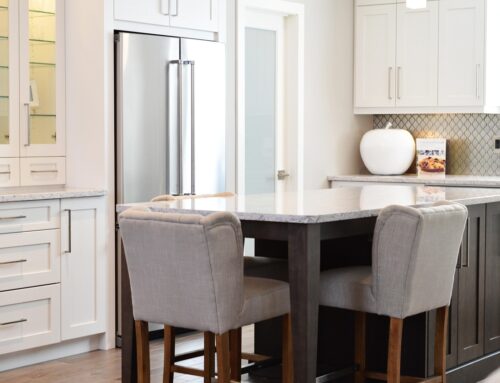Is there anything in life more stressful than hiring a contractor and hoping they don’t rip you off or do a terrible job? Sure, but not much. This is one industry with a notoriously high incidence of scam artists and unqualified “professionals.”
So what can you do to protect yourself? How do you find the best contractor and avoid being ripped off or scammed out of thousands of dollars? Here are 8 tips on how to hire a contractor and avoid home repair and even home insurance problems.
#1 – Do some research
-Ask friends and family for recommendations. The best way to find a good contractor is to use one that comes highly recommended by a trusted friend or family member.
-Check out their ratings online. Use Google, Yelp, or the Better Business Bureau to look for ratings and reviews for any contractor you plan on using.
-Research their qualifications. Make sure they are licensed and insured. Find out how long they’ve been in business. Ask for referrals and call them, and look at the work if you can.
-If working with your homeowner’s insurance policy, make sure the contractor and work are covered.
-Ask whether they have a regular crew or use day laborers.

#2 – Get estimates
Get estimates from at least three different companies. If one estimate is significantly lower than the others, that may be a red flag that they are using unskilled day laborers at best or are a scam artist at worst. Get the estimate broken down if you can into the cost of goods versus labor.
#3 – Ask questions
-Will my project require a permit?
-What sort of insurance do you carry? Contractors should have personal liability, worker’s compensation, and property damage insurance coverage.
-How many projects like this have you done?
#4 – Get everything in writing
-The contractor’s complete information.
-What is the payment schedule? Never pay more than one third up front, and most reputable contractors won’t ask for more than 10% or $1000 before starting any work unless expensive supplies are required. Also find out when the contractor, subcontractor, and suppliers will all be getting paid.
-How long is the project expected to take?
-A detailed list of materials.
-Information about warranties.
-What is and isn’t included (such as debris cleanup).
-A written statement of your right to cancel the contract within three days. This lets you look at the contract with a fine-tooth comb before committing to the project.
-How will they secure your house to protect it from debris, dust, etc.?
-Insist on daily updates.
#5 – Keep records
Keep records of everything, including the contract itself, change orders, correspondence, and a record of all payments made.
#6 – Don’t make the final payment until…
-You’re satisfied with the work.
-You know that subcontractors and suppliers have been paid.
-You have written warranties for the material and workmanship.
-The site has been cleaned up.
#7 – Signs of a scam
-Don’t trust anybody knocking on your door to offer contracting services.
-They claim to have leftover materials from a previous job.
-They insist on being paid cash, entirely up front, or from a lender they know.
-They pressure you for an immediate decision without allowing you to get other estimates.
-They ask you to get permits instead of doing it themselves.
-They don’t list a phone number online or in a phone directory.
-They pressure you into signing things you haven’t had a chance to read.
#8 – Report a problem or scam
Report scams to the Better Business Bureau, your state attorney general or local consumer protection office, your local home builders association, your local media’s call for action lines, or dispute resolution programs.








